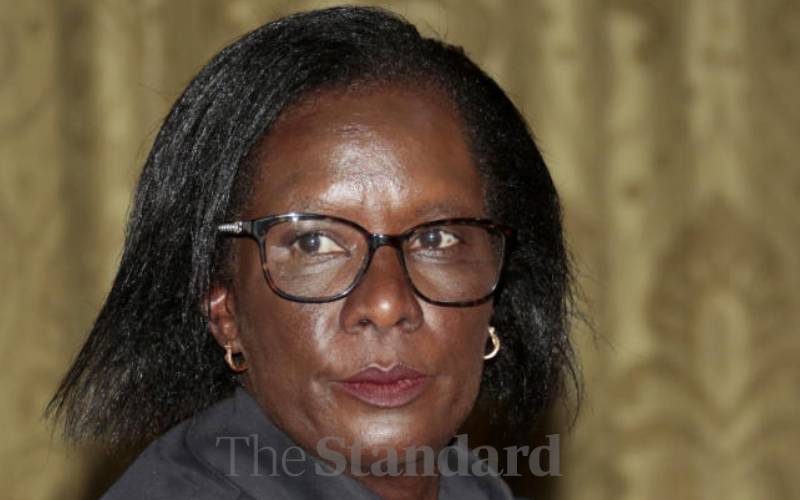×
The Standard e-Paper
Home To Bold Columnists

SRC Chairperson Lyn Mengich at the Hilton Hotel, Nairobi, on June 17, 2021. [Boniface Okendo, Standard]
Services in the public service could grind to a halt if a section of unions from the public sector make good their threat to down their tools.